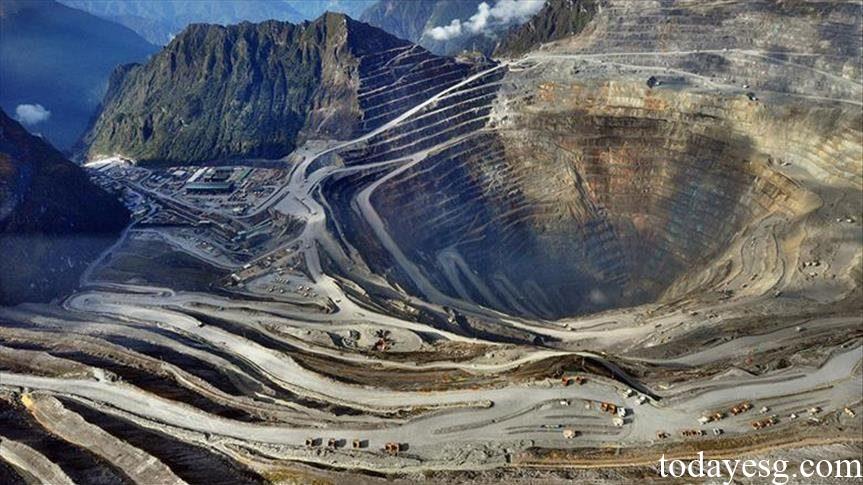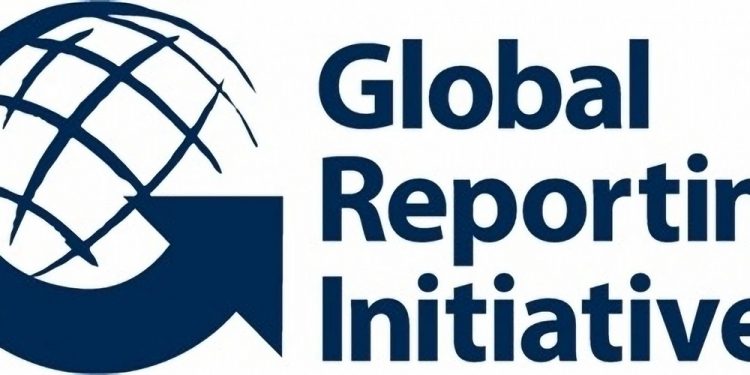Sustainability Reporting Standard for Mining Industry
The Global Reporting Initiative (GRI) releases sustainability reporting standard for mining industry, aiming to provide a consistent and complete sustainability disclosure framework for the mining industry and promote sustainable development.
The sustainability reporting standard for mining industry is designed with double materiality, considering the interaction between the environment, society, and the industry, and reflecting different stakeholders’ requirements for sustainable information disclosures.
Related Post: Global Reporting Initiative Launches Sustainable Innovation Lab
Introduction to Mining Industry and Sustainable Development
The mining industry is very important in modern society and economy. Minerals are raw materials for industries such as infrastructure, transportation, and agriculture, as well as renewable energy industries such as wind turbines and solar panels. Minerals can be divided into metallic minerals and non-metallic minerals, both of which are mined by capital-intensive companies.
The mining industry has multiple economic activities, such as exploration, development, mining, transportation, storage, sales, etc. These activities are large-scale and are likely to span multiple regions and last for decades. The mining industry can have an important impact on water resources, biodiversity, labor, local communities, etc., and determines the future development of clean energy technologies. Therefore, sustainability reporting standard for mining industry can help companies consider sustainable impacts in their operations and disclose relevant issues when necessary.

Material Topics in the Mining Industry
The Global Reporting Initiative has developed 25 material topics for the mining industry and explains each topic so that companies can make sustainable disclosures in accordance with the guidelines. These topics include three aspects: environment, society, and governance, among which substantive topics at the environmental and social levels account for a higher proportion. This article introduces several common substantive topics.
14.1 Greenhouse gas emissions: Mining is an energy-intensive activity. Different mining methods, geological conditions, and processing technologies all affect greenhouse gas emissions. When greenhouse gas emissions are considered a material topic, companies need to disclose energy consumption and energy density, as well as Scope 1, Scope 2, Scope 3 carbon emission data and emission intensity.
14.4 Biodiversity: Mining often requires large-scale development, with impacts on biodiversity and ecosystems. Mining can lead to ecological changes in land and oceans, producing pollutants that affect biological activity. When biodiversity is considered a material topic, companies are required to disclose biodiversity impact management policies, biodiversity-sensitive sites, and direct drivers of biodiversity loss to avoid, offset and restore the impacts of the company’s activities.
14.10 Local communities: Mining can create economic benefits in terms of local employment, taxation, and infrastructure construction, but it may also have negative impacts on culture and health. Therefore, it is necessary to evaluate the impact of the entire life cycle of the mine on local communities from an environmental and social perspective. Companies need to disclose community stakeholders and interaction methods, including local community engagement, impact assessment and development plans, as well as business activities that may have a significant impact on the community.
14.16 Occupational health and safety: Workforce health and safety in mining is a topic of continued concern within the industry. Mining machinery, mine structures, work intensity, etc. may bring dangers and may cause serious impacts. At the same time, long-term travel, job rotation, and irregular working hours will also bring psychological burden. Companies need to disclose their occupational health and safety management systems, provide risk identification and assessment processes, conduct safety training for employees, and communicate with them.
The sustainability reporting standard for mining industry comes from a consultation document released last year and will officially come into effect in 2026, when companies will need to disclose in accordance with it.
Reference:
GRI – Sector Standard for Mining
ESG Advertisements Contact:todayesg@gmail.com








